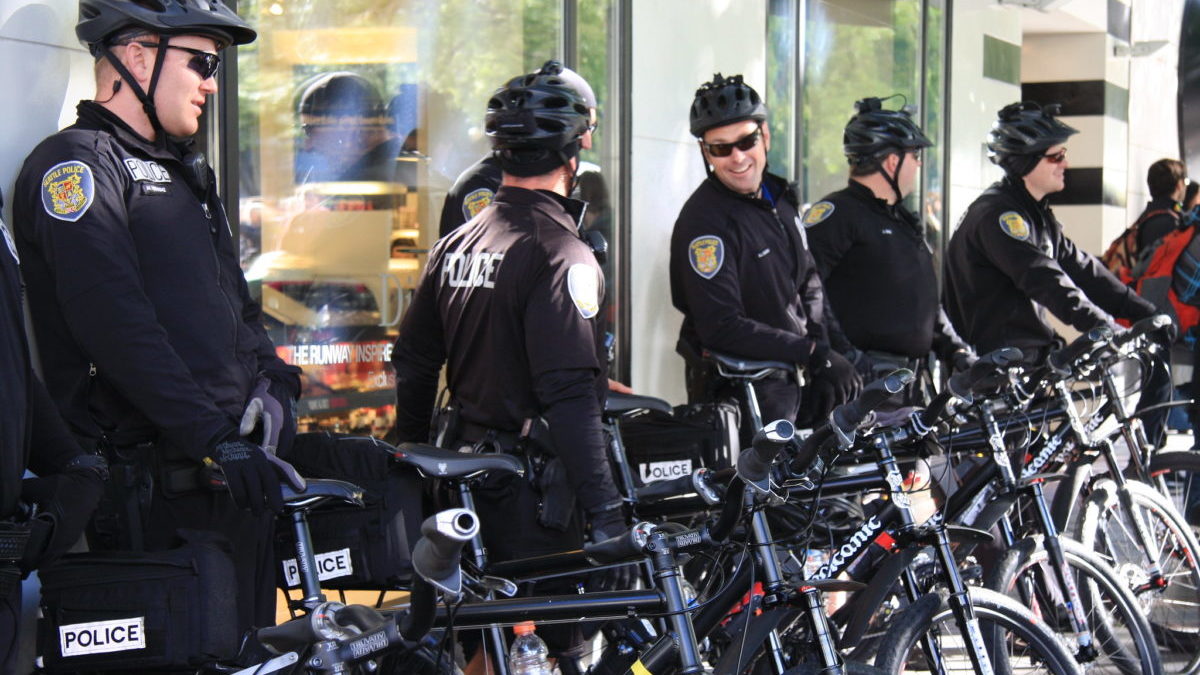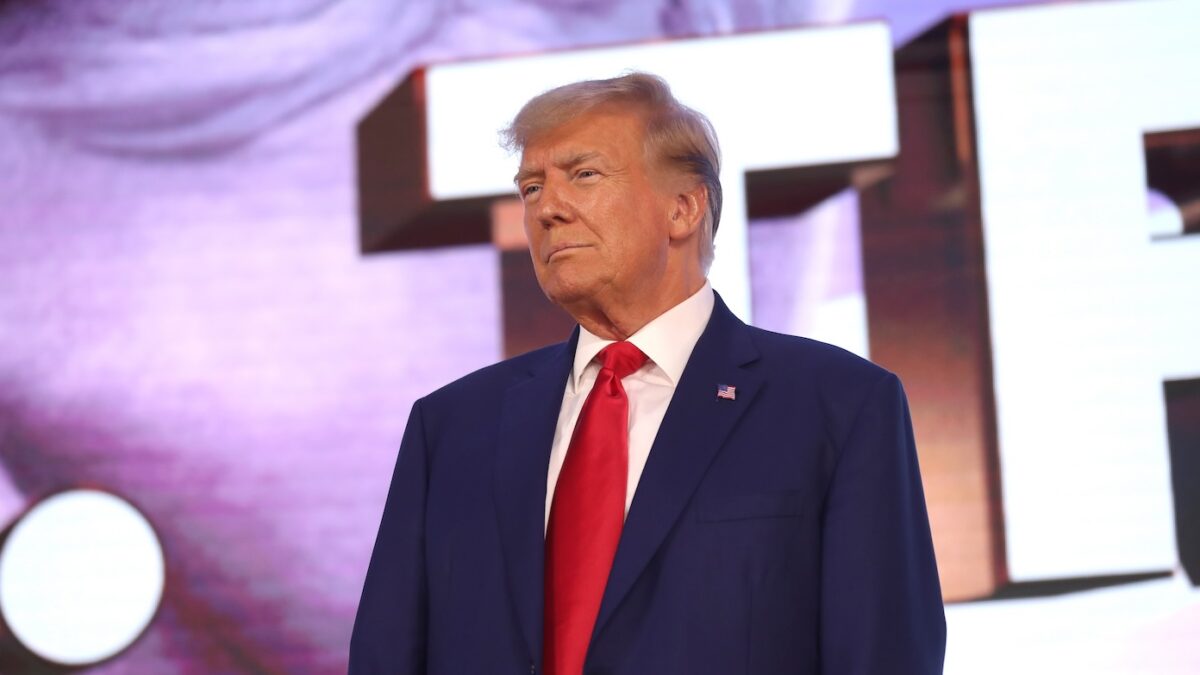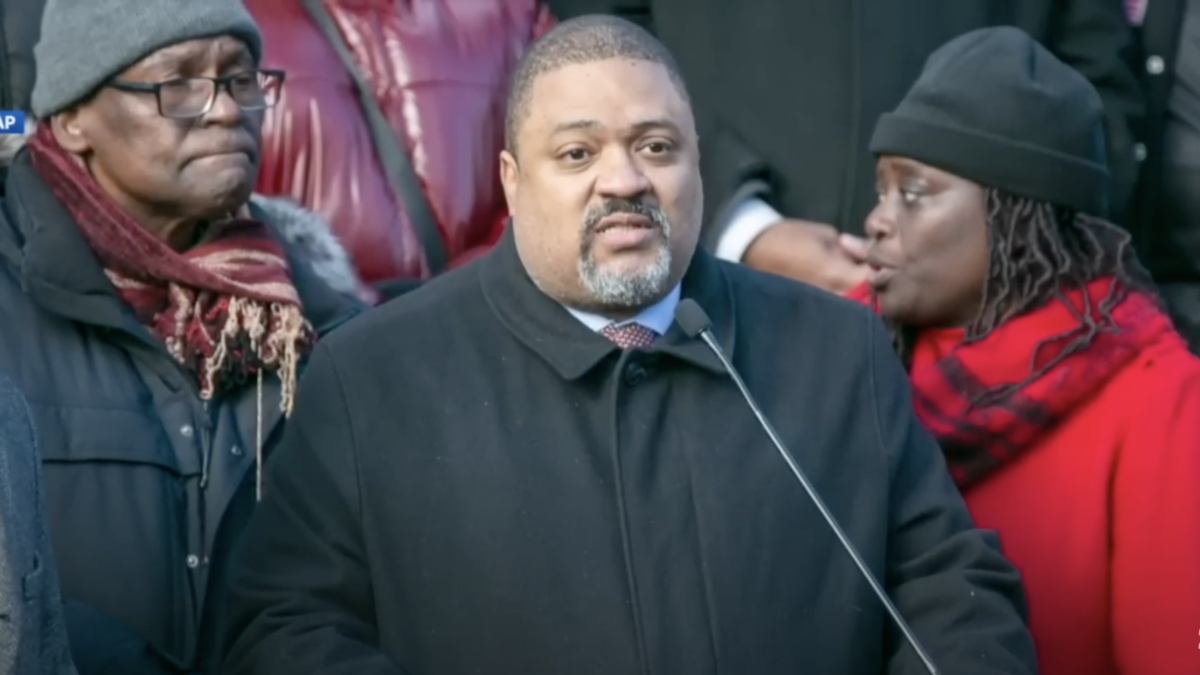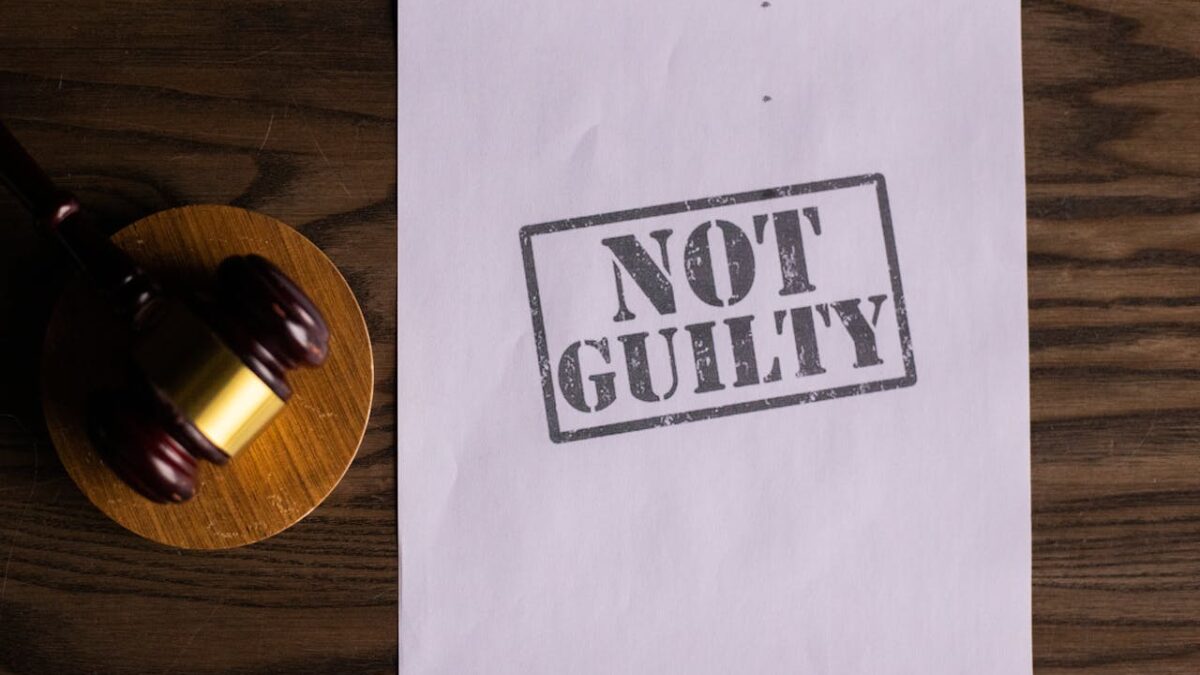
Law and order won big in Seattle last November when Ann Davison was elected city attorney over a 12-year incumbent and a radical, police abolitionist candidate. Other cities seem to also be waking up to the urban decay brought about by lax law enforcement, offering a glimmer of hope that our major cities might be returning to a more common-sense approach to criminal justice. But leftists are not giving up without a fight.
Across the nation, the rotten fruits of leftist politics have become all too obvious, as the defund-the-police mentality has left citizens and their communities unprotected against criminals who are not held accountable for their crime sprees. The predictable result has been skyrocketing thefts, assaults, shootings, and murders. But people are finally getting fed up, and we’re beginning to see a change in both the political rhetoric and election of candidates promising to fix the problem.
Just a year ago, San Francisco Mayor London Breed was one of the leading champions of slashing police budgets. But in December, she changed her tune when she made an emergency request for more money for the police department, declaring, “It’s time for the reign of criminals to end.”
In New York City, former police officer Eric Adams was sworn into office as the new mayor after a campaign emphasizing law and order. One of his campaign promises was to bring back a plainclothes police unit to tackle gang and gun violence, a promise that is now becoming reality.
Resistance From District Attorneys
But the mayors of both these cities face opposition from the very people who should be enforcing their tough-on-crime policies. In San Francisco, District Attorney Chesa Boudin criticized Breed for his crackdown on crime. Despite the 161 percent increase in violence between 2020 and 2021 in the low-income, historically black Tenderloin neighborhood, Boudin insisted that jail and prosecution are not the proper solutions.
In New York City, the new Manhattan district attorney, Alvin Bragg, has instructed his prosecutors to seek jail time only for those most serious of crimes (like murder, sexual assault, and major economic crimes). Some theft and assaults, gun possession, and other “less serious” offenses should be directed to alternative routes per Bragg’s policy.
Seattle City Council’s Power Play
In Seattle, the story is a little different. In what would have been a surprising development in other times, the liberal voters elected a Democrat-turned-Republican city attorney. Davison won with a ten-point lead over Nicole Thomas-Kennedy, a radical candidate who regularly called cops “Nazis,” “pigs,” and “losers.” In addition to record-breaking gun violence in the city, Davison also faces a backlog of nearly 4,000 criminal cases that accrued under the former city attorney during his last two years in office.
But before Davison could even take the oath of office, the Seattle City Council introduced and passed an unprecedented bill The Seattle Times called a “political power play” which is “brazenly undercutting the voters’ decisive mandate to make the city safer.”
The bill requires the Seattle City Attorney’s Office to provide a quarterly report on its prosecuting activities, as well as give a 90-day notice of any changes to the city’s diversion programs. Councilmember Alex Pederson was the sole vote against the bill, pointing out that a simple request for those reports would have sufficed without going to the lengths of changing the Seattle Municipal Code.
The Seattle Times warns that “the bill would impose the council’s ideas about which cases go to courts and which are diverted into community programs,” a blatant blurring of authority lines since it’s the city attorney, not the council, who is elected to charge crimes.
The council has disingenuously insisted this new ordinance is no threat to the authority and discretion of the city attorney, but merely an effort toward greater transparency, citing “racial disproportionality, affecting Black and brown communities” within Seattle’s criminal justice system.
At best, the bill is an insult to Seattle’s city attorney to create a rule never before placed on her predecessors. Davison said as much in a letter to the City Council. At worst, it is an attempt to wrest prosecutorial authority from the City Attorney’s Office to serve the council’s far-left political goals .
Positive Signs but Battle Continues
San Francisco, New York City, Seattle — these cities represent the ongoing battle for safe streets, holding people accountable for crime, and protecting victims. The changed rhetoric of a progressive mayor and the election of more tough-on-crime candidates in these large cities is a sign of hope, but this is not the time to sit back in satisfaction. People must continue to push these elected officials for performance, not just promises.
Power will not be easily wrested from the hands of those on fanciful journeys to “reimagine” the American criminal justice system. It’s a struggle that will likely take many years of persistent work in local, state, and federal elections — but it’s worth fighting.









